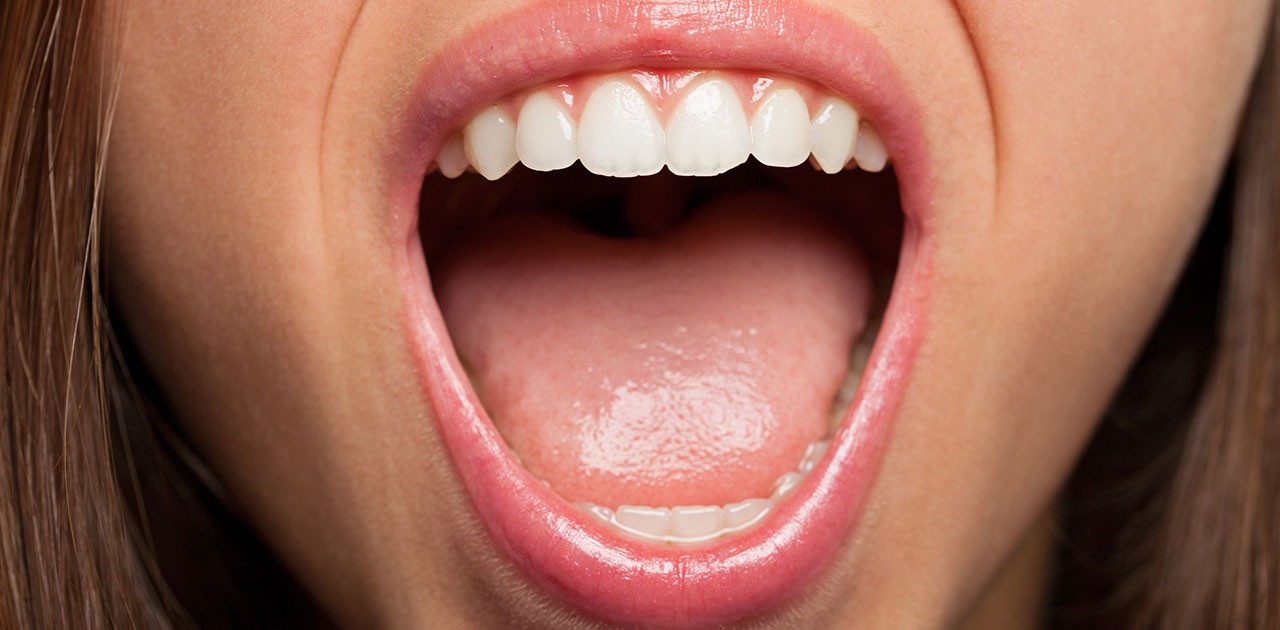Have you ever experienced the uncomfortable sensation of your mouth feeling parched, almost like a desert? If so, you might be familiar with dry mouth, a condition known as dry mouth. But what exactly is dry mouth, and what can you do to alleviate its symptoms? Let’s delve into this common issue and explore some practical solutions recommended by our dentist near you.
What is Dry Mouth?
Dry mouth, or xerostomia, happens when your mouth doesn’t make enough spit to keep it wet. Saliva is important for maintaining oral health. It helps to keep your mouth wet, allows you to digest food, and prevents your teeth from decaying by cleaning away food bits and germs.
Symptoms of Dry Mouth
- Persistent thirst
- Dry or sticky feeling in the mouth
- Sore throat
- Difficulty swallowing or speaking
- Bad breath
- Dry, cracked lips
- Problems wearing dentures
What Causes Dry Mouth?
Several factors can contribute to the development of dry mouth:
- Medications: Medicines like antihistamines, antidepressants, and muscle relaxers can dry your mouth by reducing the amount of spit you make.
- Medical conditions: Some health problems like diabetes, Sjogren’s syndrome, HIV/AIDS, and Parkinson’s disease can mess with how well your salivary glands work, causing dry mouth.
- Dehydration: Not drinking enough water or experiencing dehydration due to illness, excessive sweating, or alcohol consumption can cause temporary dry mouth.
- Lifestyle factors: Habits like smoking or chewing tobacco can contribute to dry mouth as they can irritate the mouth and reduce saliva production.
Effects of Dry Mouth on Oral Health
Dry mouth isn’t just uncomfortable; it can also have serious implications for your oral health:
- Tooth decay: Spit helps wash away food bits and acids in your mouth. Without enough spit, you’re more likely to get cavities.
- Gum disease: Dry mouth can make it easier for bacteria to grow, which can lead to gum problems like gingivitis and periodontitis.
- Bad breath: Less spit means more bacteria in your mouth, which can make your breath stink.
- Trouble chewing and swallowing: If dry mouth is really bad, it can make it hard to eat and swallow, which can affect your health.
What Can You Do About It?
While dealing with dry mouth can be uncomfortable, there are several steps you can take to alleviate its symptoms and visit our professional Woodbridge dental clinic to improve your oral health:
- Drink water: Keep sipping water all day to keep your mouth wet. It helps your body make more spit.
- Use sugar-free gum or candies: Chewing gum or sucking on candies without sugar can make your mouth make more spit and make you feel better temporarily.
- Take care of your teeth: Brush your teeth twice a day and floss every day to remove food particles and plaque. Use toothpaste and mouthwash made for dry mouth.
- Watch your caffeine and alcohol: Both caffeine and alcohol can dry out your mouth even more. Try not to eat too much of them.
- Use a humidifier: Having a humidifier in your home, especially while you sleep, can make the air moist and help your mouth stay wet.
- Talk to your doctor or dentist: If your dry mouth doesn’t go away, talk to your doctor or dentist for dental checkup. They can figure out why it’s happening and help you feel better.
Visit us Today for Personalized Care!
If you’re dealing with ongoing dry mouth issues, it’s crucial to get help from a dental professional. At Humberview Family Dentistry, we know how a dry mouth can affect your oral health and overall comfort. Our skilled team of dentists in Woodbridge can provide personalized solutions to meet your specific needs and improve your oral health. Feel free to contact us anytime for assistance and advice. We’re here to help!
Don’t let a dry mouth ruin your day. Book an appointment with us today, and start working towards a brighter, healthier smile!

